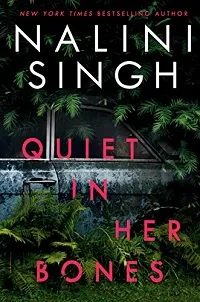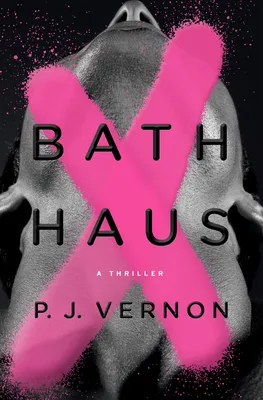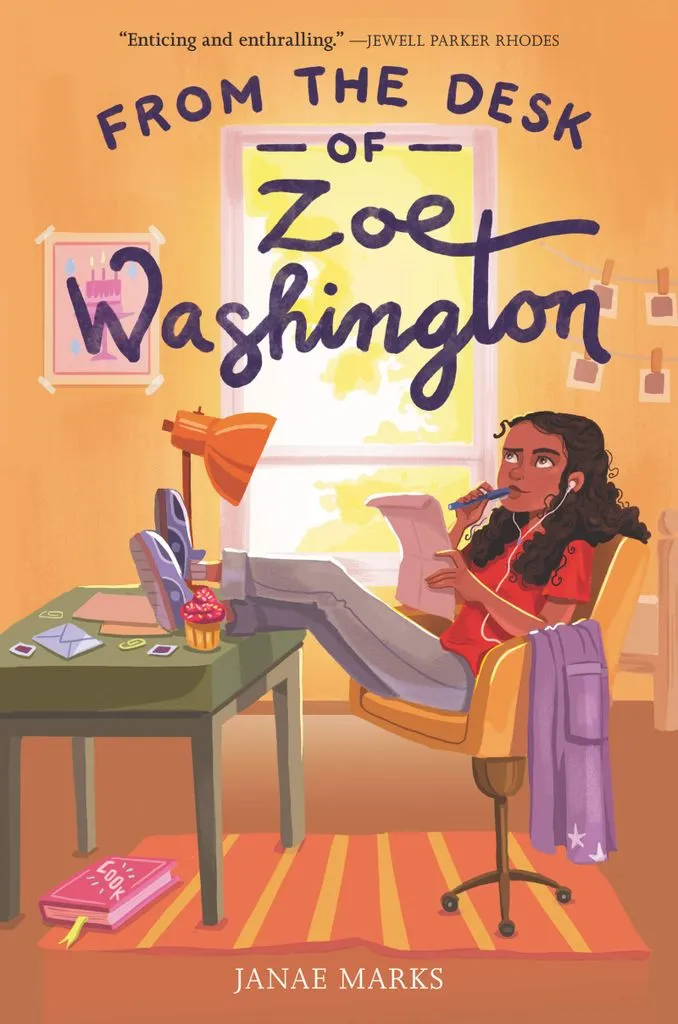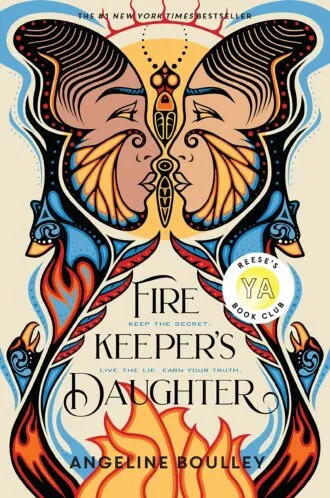
How I Know the Mystery Genre Is Still Leaving Out Marginalized Voices
While I read mostly all genres, and widely, I read a ton of crime books (mystery, suspense, thriller, crime fiction, true crime) because I’ve always loved them and also for work. The work part means that I read a lot about the actual genre, news, releases, and actual books, so my brain will notice patterns (*cough* Yes, “girl” is still in the title of many books referring to grownass adult women *cough*). This is why, as much as I love that recently more authors of color and marginalized voices have finally been getting to publish in the genre, I am still more than aware that it is just a tiny blip within the massive genre that is still so very much leaving out marginalized voices.
If the top five publishers were to publish numbers on how many crime novels they published last year with stats on author race and marginalization, I would be willing to bet it all — ALL — on the percentage of authors of color and marginalized voices being a single drop in the ocean that is crime publishing. I can’t, obviously, offer those statistics. But I can share things I regularly encounter that make it obvious to me that the mystery genre is still leaving out marginalized voices.
Before I dive in I want to note that this is in no way scientific. For that the top publishers would need to participate in a survey and authors would need to self identify, and the latter can veer into problematic territory. So I use what I know about authors, their bios, interviews, and articles, with the caveat that it can leave out information.
I Can’t Do Many Of The Fun Roundups I Want
Let’s say I’ve recently read a bunch of mystery books with the core theme that they are about a small neighborhood of people, their secrets, and there’s a murder/crime and I think “this will be a fun roundup for an article or a newsletter.” Being a very popular trope in the genre it should be a fairly good list. But can I actually do it? And by that I mean are there enough books recently published by authors of color that match this for inclusion on the list? Off the top of my head: no. After scrolling my Goodreads: still no. I only have one murder mystery with a neighborhood filled with secrets on my list of galleys for this year: Quiet In Her Bones. I can think of four books off the top of my head (I have a terrible memory) that I’ve read in 2021 so far, like Such A Quiet Place, that match this exactly. But they are all written by, so far as I can tell, white women and take place mostly, if not entirely, in white and non-marginalized neighborhoods.
This happens to me so much (where are my fictional true crime podcast books by authors of color?!) that instead of working this way I have to work backwards. If I get lucky and in one year two books about serial killers written by AOC publish (The Jigsaw Man and Dead Dead Girls) then I can proceed with my list because adding non-marginalized authors will be super easy.
I’ll be completely honest: I get really excited momentarily when I find two books to begin with that are marginalized voices because it feels like a lot compared to before. But it’s actually quite depressing when you see how many books there are besides those two. I want to keep being excited and happy for these firsts and the changes that are happening, but to realize that the bar is on the floor and the changes so tiny in the full picture is heartbreaking.
Domestic Thrillers Haven’t Changed Since GONE GIRL
Gone Girl published almost a decade ago and not much has changed in the genre of domestic thrillers when it comes to diversity. Domestic thrillers are still so white and so straight. So much so that when a new book follows the formula of the sub-genre but with gay leads, it feels fresh and completely new when in fact the only new thing is that the two leads are men in a relationship together. How much has the genre not diversified? Here’s Goodreads’ landing page for Domestic Thrillers: there’s 15 book covers for, so far as I’m aware, white authors. Let’s dive a little deeper and click on “more domestic thriller books”. There are 50 books on this page and it is almost entirely all white authors.
Penguin Random House put together the post 10 Books to Read If You Love Domestic Thrillers and it’s very much not a diverse list. And Simon & Schuster also rounded up Domestic Thrillers, 15 to be exact, and this list may actually not have any authors of color.
I didn’t look for links to prove my point, this is just my every day of clicking things, so out of curiosity I looked up cozy mysteries on Goodreads and it’s better than domestic thrillers in that there are at least a few out of almost 50 books (look up that percentage for how still not good that is) but while Dead Dead Girls is a great historical mystery for fans of fictional serial killers, it is not a cozy mystery and is wrongly on this list.
The Agatha Awards Are Embarrassingly Not Diverse
Annually during the Malice Domestic convention (the pandemic has altered this to virtual rather than in person), the Agatha Awards are presented honoring U.S. published books during the previous year. In 2018 Kellye Garrett won the Best First Novel for the 2017 published Hollywood Homicide. She was the first woman of color to win the award since 1997 (21 years!) when Sujata Massey won the award. In her acceptance speech Garrett “encourages us all not to think of mysteries written by people of color as a trend, because trends go away”. Sadly, looking at this year’s nominees and winners, that message got ignored since it appears the majority of these categories don’t have any authors of color.
My Inbox And Mailbox
My work inbox is filled with emails from publishers and publicists telling me about their books, and as I’m sure you’ve guessed it is almost all white authors. I literally received an email recently with a headline about social justice thrillers, so I excitedly opened it thinking more books like When No One Is Watching are publishing soon…and instead it was a list of thrillers written by white men. Imagine any GIF of someone chucking their laptop out the window. I absolutely love when I get an email telling me about upcoming crime books written by authors or color and/or marginalized voices so it’s a thing I very much notice that it still feels like a unicorn email.
My mailbox isn’t doing any better. While unsolicited galleys stopped during most of the pandemic, they’ve slowly recently started to trickle in again. I currently have a stack of books in my entryway mail pile that I haven’t brought to my office and Clark and Division by Naomi Hirahara is the only book out of the 11 not by a white author. It’s also the only book that technically isn’t unsolicited since I had requested, I want to say, an egalley. Before the pandemic, I could actually open a bookstore with just the unsolicited galleys I receive and it would be the most non-diverse bookstore to ever bookstore.
I could keep listing examples, sadly. My job brings me so much joy in reading so many amazing books, but also there is deep and constant frustration seeing how much doesn’t change, is just window dressing, or the line got moved intentionally to keep the status quo. At the end of the day publishing, the big publishers, needs to make the very real and necessary changes in the crime genre.
For now I’ll leave you with some nice moments from the year: Reese Witherspoon’s book club picked Firekeeper’s Daughter by Angeline Boulley and because it got the marketing and attention, look at all the great things that happened; Jesse Q. Sutanto’s Dial A For Aunties had a good marketing campaign and it’s already got an adaptation deal; S.A. Cosby’s Razorblade Tears was a finalist on Jimmy Fallon’s 2021 Summer Reads; Stacey Abrams published While Justice Sleeps in the very male and very white genre of political thriller and it’s actually listed on the Google search results in the top scroll when you look up “political thriller books.”
I’d like to get to a place where those aren’t celebrated rare moments and where a good chunk of my job isn’t seeking out crime books by authors of color and diverse voices like they’re unicorns.












